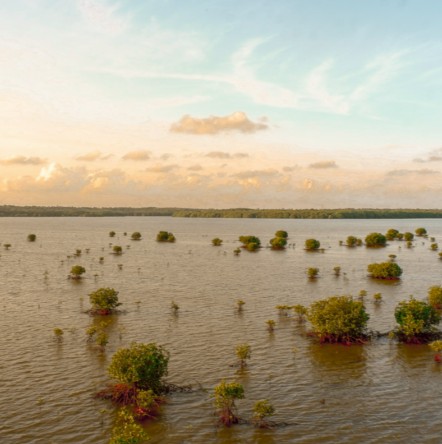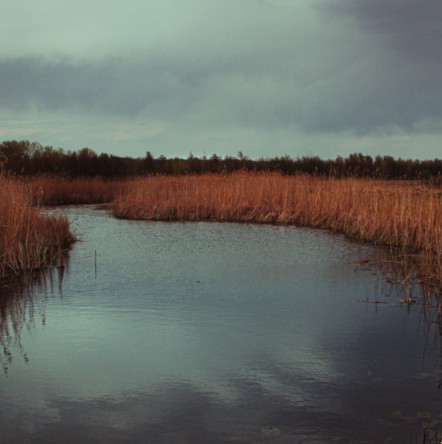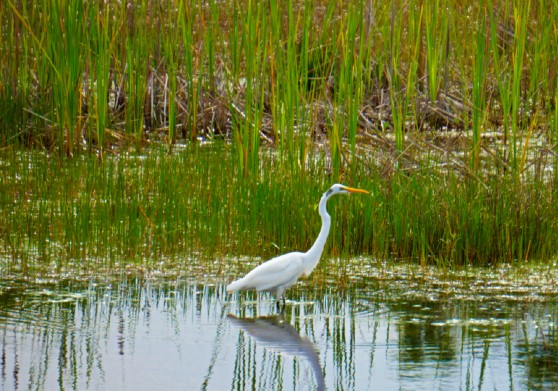Climate Impacts on Ecosystems:
Threats and Opportunities
NCCOS conducts multidisciplinary ecological research to assess and predict how environmental changes from climate variability affect the distributions of coastal habitats and species, as well as the functioning of coastal ecosystems. NCCOS works with coastal managers and communities to assess coastal and ocean ecosystem characteristics and ecological relationships to provide a better understanding of how extreme events and long-term climate change impact the workings of natural habitats and how communities can better adapt to improve preparedness, response, and resiliency.
Developing Coastal Solutions and Indicators
Using climate and weather data to predict coastal ecosystem changes and impacts, NCCOS conducts science on the ever-growing threats of climate change on ecosystems. This is done through the development of scalable, portable coastal modeling solutions and indicators addressing long-term issues from changing temperatures, precipitation, and wind patterns on ecosystem structure and health.

Satellite Remote Sensing
This technology and large-scale weather patterns are used to test and develop coastal change indicators, metrics and models to inform coastal managers of adverse ecological situations affecting vital resources, habitats and people.

Climatological Data
We use climatological data obtained simultaneously over large geographic areas of the atmosphere and coastal water bodies, from NOAA and other sources, to create a framework to assess indicators of predictability of anomalous events damaging our coastal environments.

Coastal Ecosystem Impacts
We determine how extremes driven by climate change interact with existing risks, and assess how these impact coastal ecosystems. We determine how processes can be tracked, how impacts can be predicted and translated into environmental indicators which allow managers to take proactive measures.
Predicting Ecological Response to Climate Change
NCCOS integrates data and information from long-term ecosystem monitoring, habitat mapping, and detailed geospatial characterization of changing land and ocean conditions to develop an improved understanding of how climate changes are restructuring coastal ecosystems. NCCOS applies new knowledge of ecological relationships, obtained from research by our scientists and others, to predict how key coastal habitats and species may change in the future.
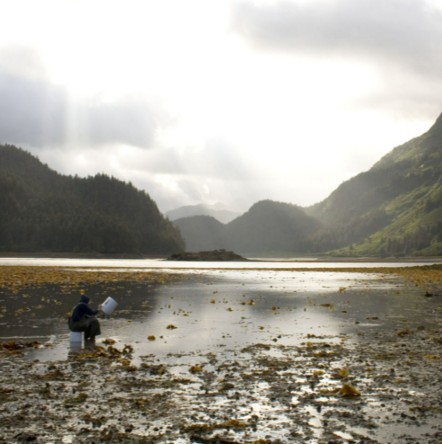
Long-Term Ecosystem Monitoring in Kachemak Bay and Cook Inlet Alaska

Choptank River, Maryland Ecological Assessment

Sea-level Rise Modeling as a Catalyst for Effective Ecological Management in West Hawai’i
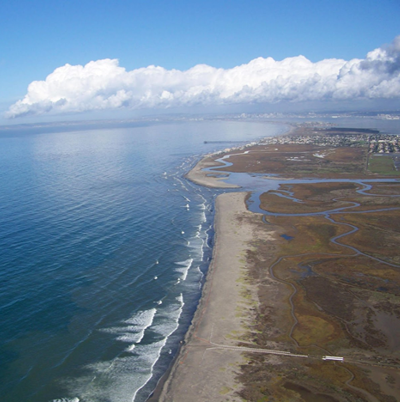
Marshes on the Margins: Developing Tidal Wetlands Adaptation Strategies in Southern California
Climate-Informed Resource Management and Marine Spatial Planning Tools
NCCOS provides timely and actionable scientific assessments, information, and tools to help resource managers and coastal planners deal with the threats and opportunities associated with climate-driven ecosystem change. NCCOS’s approach to rigorous applied science fosters NOAA’s dedication to innovation in order to ensure that science meets service goals, especially for marine protected areas, including associated National Marine Sanctuaries, National Estuarine Research Reserve Sites, coral reefs, and state and federal marine critical habitat areas.


